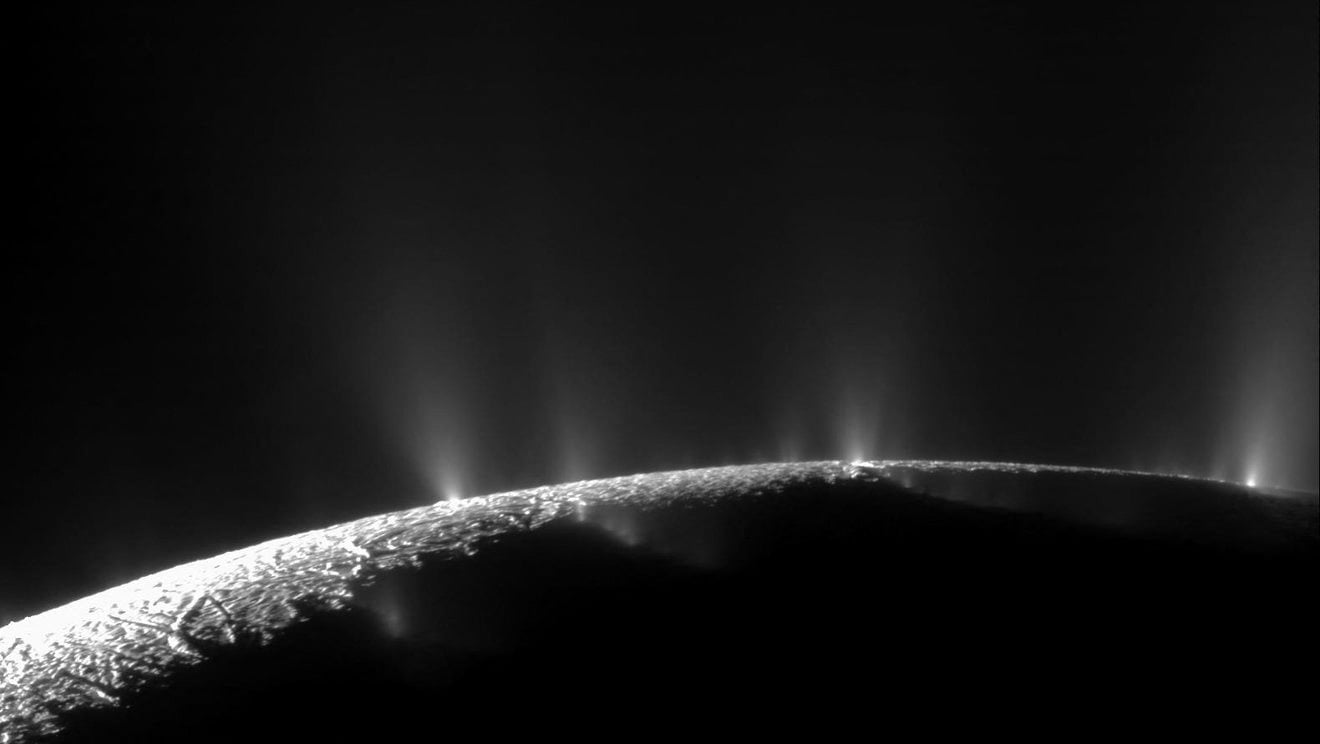
Surface of Saturn's moon Enceladus
The conclusions were based on data collected by NASA's Cassini spacecraft, the first spacecraft to orbit Saturn, which conducted a landmark 13-year (2004-2017) exploration of the gas giant planet, its rings and moons, according to Reuters.
An international team of scientists led by Germany published the results of the study in the journal Nature and NASA's Jet Propulsion Laboratory (JPL), which designed and built the Cassini probe, announced the team's findings.
Previously, the team confirmed that Enceladus' ice grains contain a variety of minerals and complex organic compounds, including components of amino acids that are associated with life as scientists know it.
But phosphorus, the rarest of the six chemical elements considered essential to all living things, has yet to be found. The other five are carbon, oxygen, hydrogen, nitrogen and sulfur.
“This is the first time this essential element has been detected in an ocean outside Earth,” study lead author Frank Postberg, a planetary scientist at the Free University of Berlin, Germany, said in a JPL press release.
Phosphorus is the building block of DNA, as well as an important component of cell membranes and energy-carrying molecules found in all life forms on Earth.
The latest research comes from measurements taken by Cassini as it flew through salt-rich ice particles ejected into space via geysers erupting from the ocean that lies beneath Enceladus' frozen crust at its south pole.
The subsurface ocean discovered by Cassini has made Enceladus — about one-seventh the size of the Moon and the sixth largest of Saturn's 146 known natural satellites — a prime candidate in the search for places beyond Earth that might harbor life.
Another candidate is Europa, a moon of Jupiter, which is also thought to harbor an ocean beneath its icy surface.
One notable point in the latest discovery about Enceladus is that geochemical modeling by researchers in Europe and Japan shows that phosphorus exists at concentrations at least 100 times higher than those in Earth's oceans.
"This key ingredient could be abundant enough to potentially support life in Enceladus' ocean," said co-investigator Christopher Glein, a planetary scientist at the Southwest Research Institute in Texas.
However, scientists stress that the presence of phosphorus, complex organic compounds, water and other basic building blocks of life is only evidence that a place like Enceladus is likely to have life, not that life has ever existed. Life, past or present, has not been confirmed anywhere other than Earth.
Source link








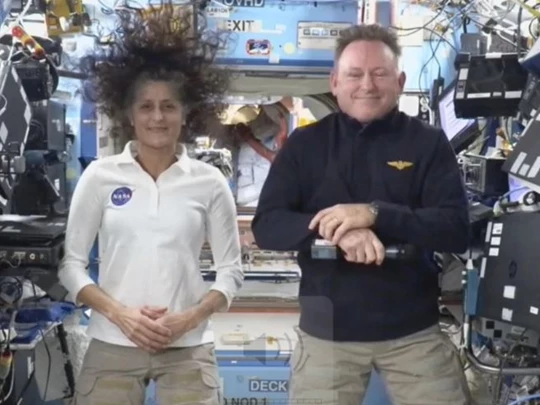

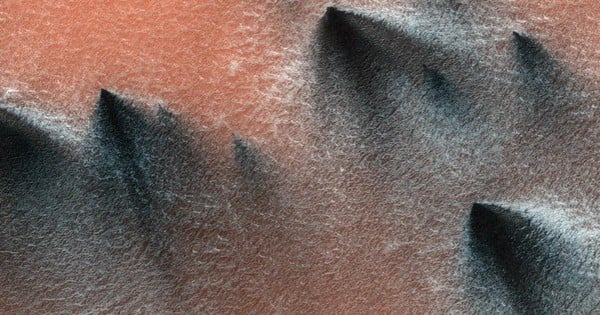

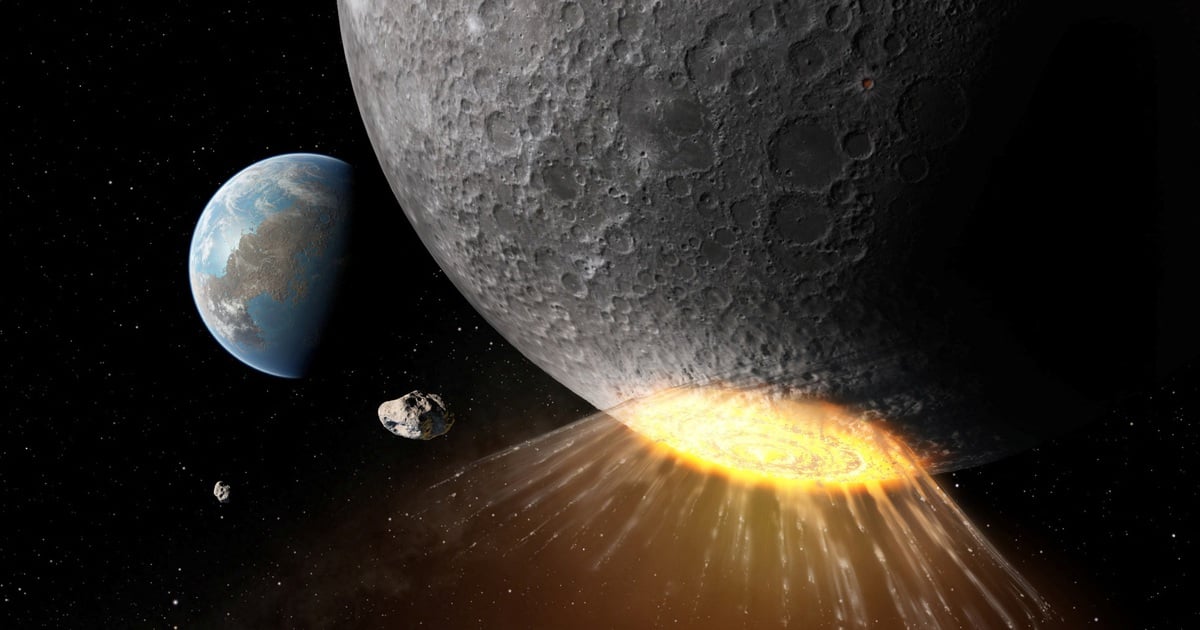

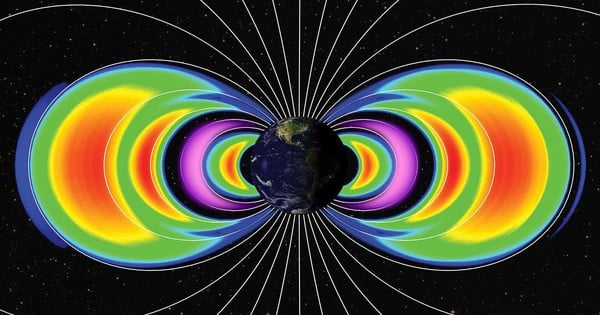
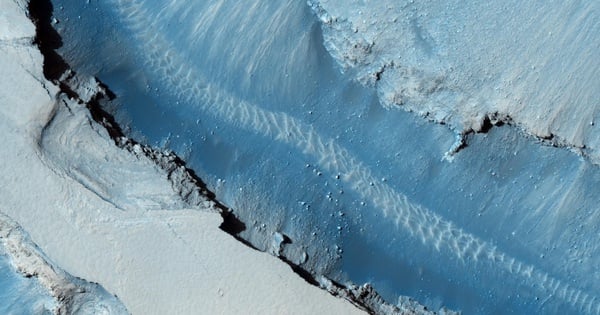




















![[Photo] Prime Minister Pham Minh Chinh chairs Government Conference with localities on economic growth](https://vstatic.vietnam.vn/vietnam/resource/IMAGE/2025/2/21/f34583484f2643a2a2b72168a0d64baa)



























































Comment (0)